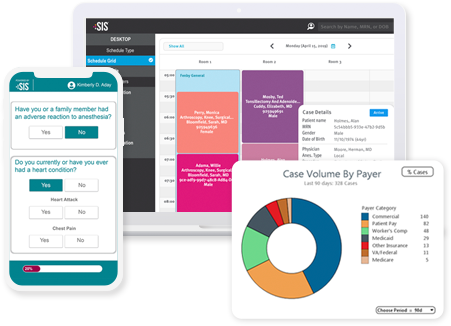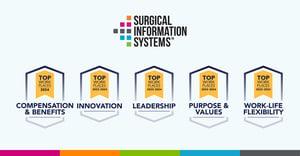 By Heidi Babb, Vice President of Revenue Cycle, Partners Medical Consulting
By Heidi Babb, Vice President of Revenue Cycle, Partners Medical Consulting
In Oct. 1, 2014, with the adoption of the ICD-10 disease classification system, the United States will no longer be on the short list of countries still using the ICD-9 system. If you assume there is not much work needed to prepare for the transition, your instinct might be to file away a reminder in next September's calendar. Unfortunately, delaying preparation for the transition will result in a severe shock to your cash drawer come next October.
To understand the financial importance of being prepared for the transition, we need to look no further than our neighbors to the north. In Canada, when the transition to ICD-10 took place, there were reports of 40% disruptions in cash flow due to insufficient documentation, coding errors and coding delays. It is therefore being recommended that in addition to allotting appropriate time for the transition, each facility also makes certain their cash reserves are increased to be ready for any potential disruption.
To reduce the amount of additional cash reserves needed, make certain your facility has done everything possible to prepare for the transition. Plan on at least six months of preparation to ensure you have properly educated personnel, tested processes and all aspects have been covered. During this process, you will want to take the following steps:
- Create a detailed project plan outlining specific tasks to be completed by certain people on specific dates.
- Create a budget for staff training and possible system upgrades (anticipate a cash flow disruption beginning in October because of an increase in denials and time to send out claims).
- Educate business office staff on the details of documentation requirements; consider certification for coders.
- Communicate with software vendors to confirm their readiness for the transition.
- Create a crosswalk for your most common procedures to understand ICD code changes.
- Communicate with payers, billing company (if outsourced) and clearinghouse.
- Work with physicians to review documentation to ensure proper detail is being recorded.
- Test communications between system, clearinghouse and payers to ensure proper data transmission.
- Each ASC will have its own specific issues and areas that require their unique attention, but this list highlights the most significant areas to focus on.
About Partners Medical Consulting
Partners Medical Consulting provides revenue cycle services, clinical consulting, bookkeeping, finance, payroll and full-service management contracts to clinics, surgery centers and hospitals. The Partners Medical Consulting team are experts in ICD-10 issues and are trusted by clients to ensure a successful ICD-10 transition. You can reach Partners Medical Consulting at 605-906-1272.
To learn more about Partners Medical Consulting, click here.


















